Healthy skin truly starts from within, and what you put in your body without a single doubt impacts your skin health. I mean, it’s our largest organ, it makes sense, right?! If you’re looking for new ways to improve your skin health keep reading!
As I’ve aged, I’ve learned to appreciate how delicate our skin really is. Now that I’m in my 40’s (how did that come so quickly, may I ask?), I’m paying even more attention to how what I eat, drink and do effects the appearance and health of my skin. Anybody with me?
My dietitian colleague Desiree Nielsen and I were chatting about this very topic the other day and she offered to share some of this ‘food for thought’ with us here. Desiree runs her nutrition practice out of Vancouver and has oodles of resources on her blog that can help you regardless of where you live. One of these tools that I LOVE is the Eat More Plants Challenge that starts TODAY! Eating more plants is the single most effective way to improve your health in a non-restrictive, nourishing way. If you’re looking to make a change this January I strongly recommend checking out this free challenge – your body will say thank you!
Shifting back to today’s topic, here’s the post from Desiree’s desk, THANK YOU Desiree!
. . .
A dietitian’s take on skin health + nutrition
Hi guys it’s Desiree here!
You are what you eat. Every cell in your body is composed of the macronutrients, vitamins, minerals and phyto-chemicals that make up your daily meals. So, it makes perfect sense that what you eat can affect your skin. And almost every day, we are bombarded by messaging about how ditching dairy, eating cilantro or going plant-based helped someone clear their skin issues.
However, the relationship between what you eat and what your skin looks like is not as clear cut as you might expect.
You see, I’ve struggled with my skin for most of my thirties. I’m rosacea-prone and this is the first time since 2010 that I have not had deep cystic acne. As someone who waltzed through her teen years with unblemished skin, it was quite a shock to see how pregnancy – and the hormonal changes that accompanied it – transformed my skin into a red, blemished mess.
As a dietitian, it’s been a challenge: how can I be healthy (or even know what I’m talking about) if my skin isn’t clear? Because it’s true: what you eat – and your gut health – do affect your skin. Research shows that certain nutrients, such as cocoa or green tea flavonoids, can improve skin health.
However, it’s not a perfect mirror, because people with serious health issues and less healthy diets can also have seemingly perfect skin. Stress can also play a huge role independent of diet. That’s a big factor for me personally.
5 ways that food can improve your skin health
Your skin is your largest organ; feeding it well goes hand in hand with supporting optimal wellness. As a foundation, an anti-inflammatory diet will help support total wellbeing, including skin health. However, if skin issues like acne, eczema, psoriasis or rosacea pop up, it’s worth taking a deeper look at what you eat because food affects your skin in multiple ways:⠀⠀
⠀⠀⠀⠀⠀⠀⠀
-
Controlling inflammation
Skin concerns are, by their nature, inflammatory. Eating an anti-inflammatory diet (lots of whole plants, healthy fats and less sugar and refined starch) helps. It does so by reducing pro-inflammatory nutrients like sugar, and increasing anti-inflammatory nutrients like omega 3s and flavonoids.
-
Controlling blood sugar
High glycemic foods like refined flours and added sugars can lead to the production of advanced glycation end products that promote early wrinkling. When my blood sugars rise, my cheeks flush so I really have to watch it. Eat whole foods more often than hyper-processed choices & balance meals with healthy fats and protein. If you have blood sugar issues, consider downsizing your portions of grain foods like muffins or rice and greatly increase your intake of vegetables.⠀⠀⠀
⠀⠀⠀⠀⠀⠀
-
Reducing skin triggers
Those with rosacea (like me!) do better to avoid vasodilators like spice and alcohol. Dairy may promote acne in some (the research is mixed) and food allergies can have a skin component. If you suspect food intolerance, talk to your doctor and work with a registered dietitian to assess which foods may be impacting your symptoms.⠀⠀
⠀
-
Supporting a healthy gut microbiome
A high plant fibre diet supports beneficial gut microbes that can augment your immune response and lessen inflammation. There is some evidence that those with rosacea may have small intestinal bacterial overgrowth; probiotics are thought to improve eczema and psoriasis although research is conflicting. Eating fermented foods like sauerkraut or kombucha daily, and taking an evidence-based probiotic help keep the system in balance and is certainly worth a try.⠀⠀⠀
⠀⠀⠀⠀⠀
-
Providing skin nourishing nutrients
There is evidence that certain nutrients and foods are specifically supportive of the skin. For example, vitamin C, and genestein in soy, help support collagen formation. Zinc helps control acne. Omega 3s improve the lipid barrier and keep skin moisturized. Flavonoids from cocoa boost micro-circulation. Nutrient-dense plant foods literally feed your skin!
What foods are good for your skin?
While diet may not be the complete solution for your skin concerns, it’s never a bad idea to support your largest organ with plenty of plants. Of course, first things first: start by drinking plenty of water! I go through phases where I am well hydrated and those where I am not drinking enough and I can really tell the difference in my energy levels and how my skin looks.
Next, try eating more of these powerful plant foods:
Pumpkin Seeds
One-quarter cup of pumpkin seeds has 470 micrograms of copper, half of your daily needs. Copper is important the production of superoxide dismutase, an antioxidant enzyme in the body, as well as collagen production. That same serving of pumpkin seeds also contains more than half your daily needs of zinc, critical for supporting immune function and controlling acne in addition to 10 grams of protein to supply amino acids for collagen production.
Dark Green Leafy Vegetables (broccoli, kale, collards)
Dark green leafy vegetables offer an abundance of beta-carotene, an anti-inflammatory phyto-chemical that is converted into vitamin A in the body. Vitamin A is an important nutrient for skin health, along with sulfur – which helps boost levels of glutathione, another important antioxidant in your body. Greens also contain vitamin C, which supports the conversion of amino acids into collagen and chlorophyll, which early research suggests improves collagen production in the skin.
Green Tea
Green tea contains phytochemicals known as flavonoids, which help to protect the skin from the damaging effects of UV radiation, in addition to being powerful anti-inflammatories in their own right. Research suggests flavonoids may also improve microvascular circulation and oxygen levels in the skin (AKA give you that glow). For even greater effect, consider matcha, which is a form of green tea made of whole ground leaf, so it contains higher levels of flavonoids. Use ½ teaspoon of match per cup of hot water for an energizing and healthful alternative to coffee.
Sweet Potatoes
In addition to packing double your daily dose of vitamin A, sweet potatoes contain biotin, a B vitamin important for the production of skin and hair cells. A cup of sweet potato contains 5 micrograms, which is the highest dose of any plant food. Sweet potatoes also contain collagen supporting vitamin C – half your daily needs – and are an anti-inflammatory allstar with plenty of fibre, manganese and copper.
Our skin is our largest organ…and as such, what we feed it matters. For some, finding the right dietary pattern can work wonders towards a healthy complexion. I recommend starting with the basics: eat plenty of whole plants, drink as much water as you can and consider a quality probiotic to support skin health from the inside out. Taking care of your body with healthy eating will always pay dividends.


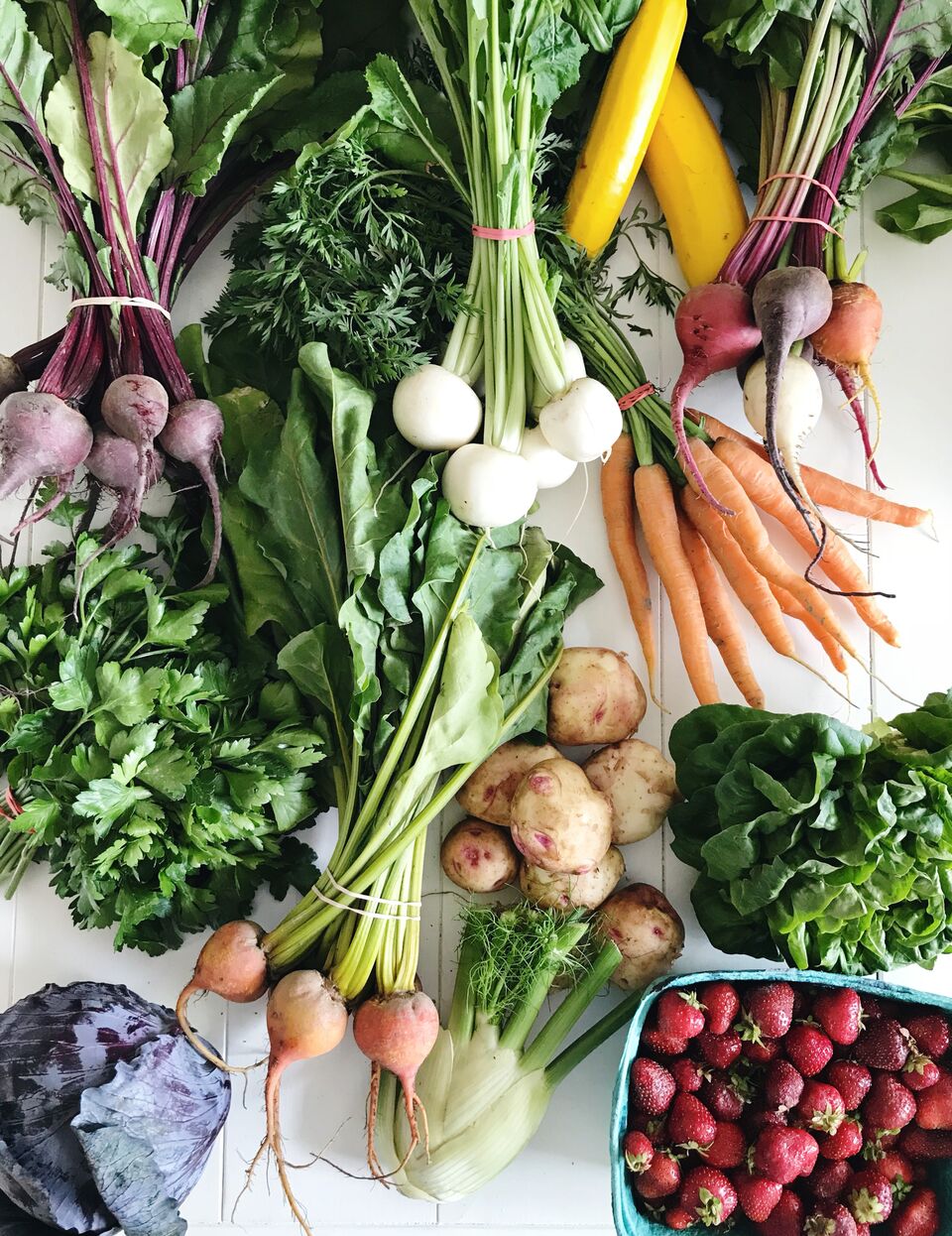
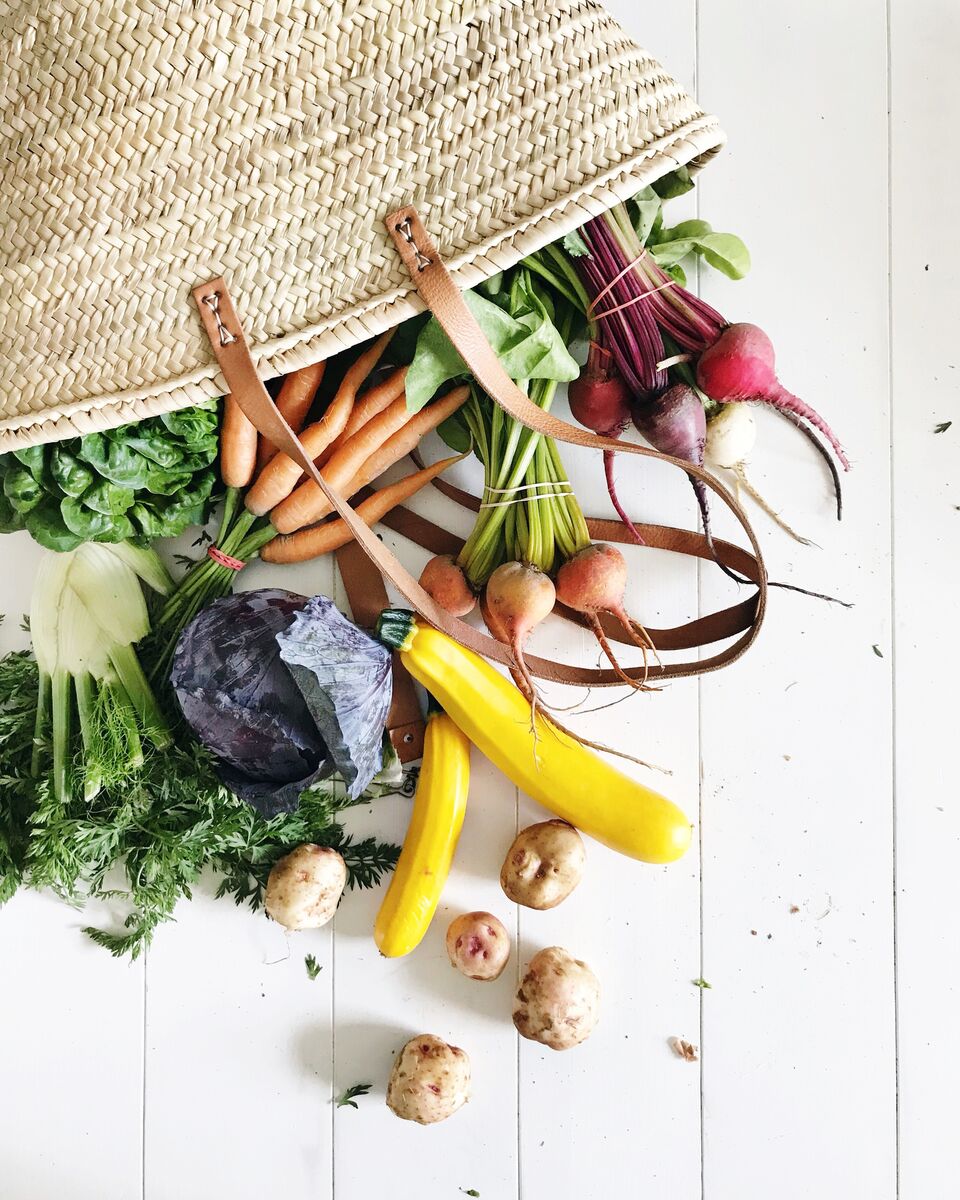
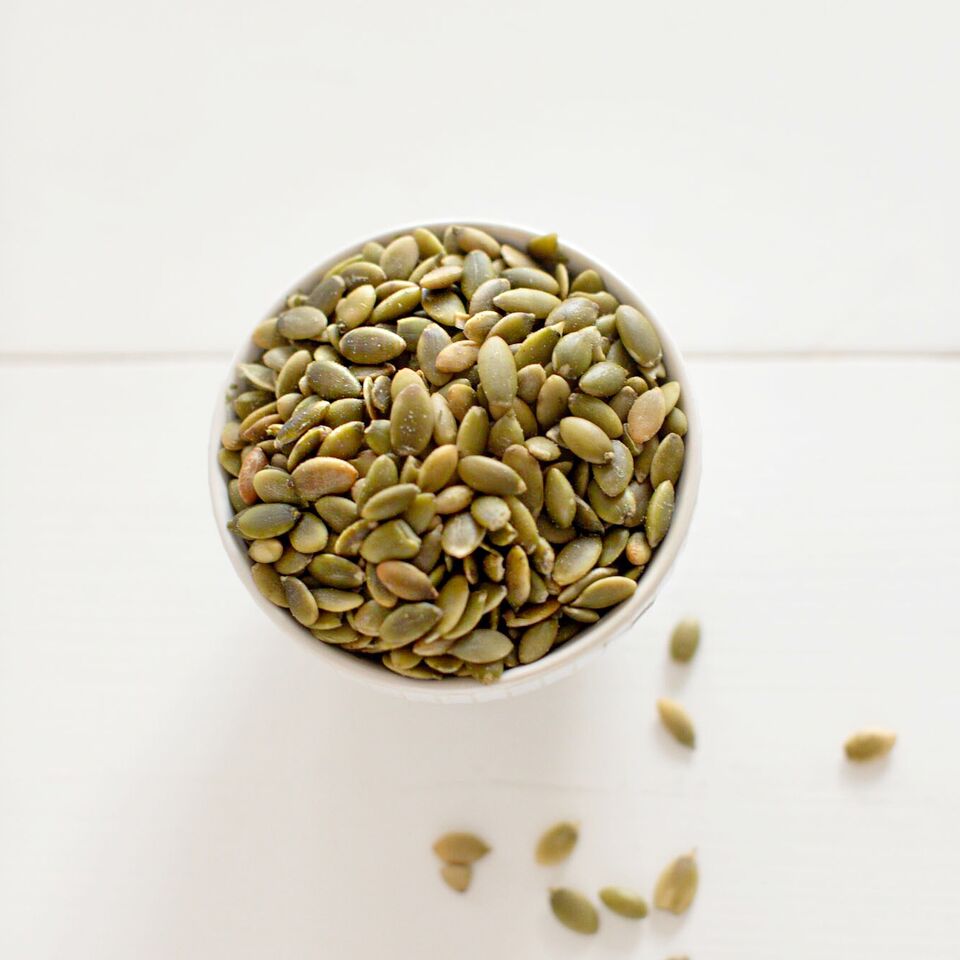
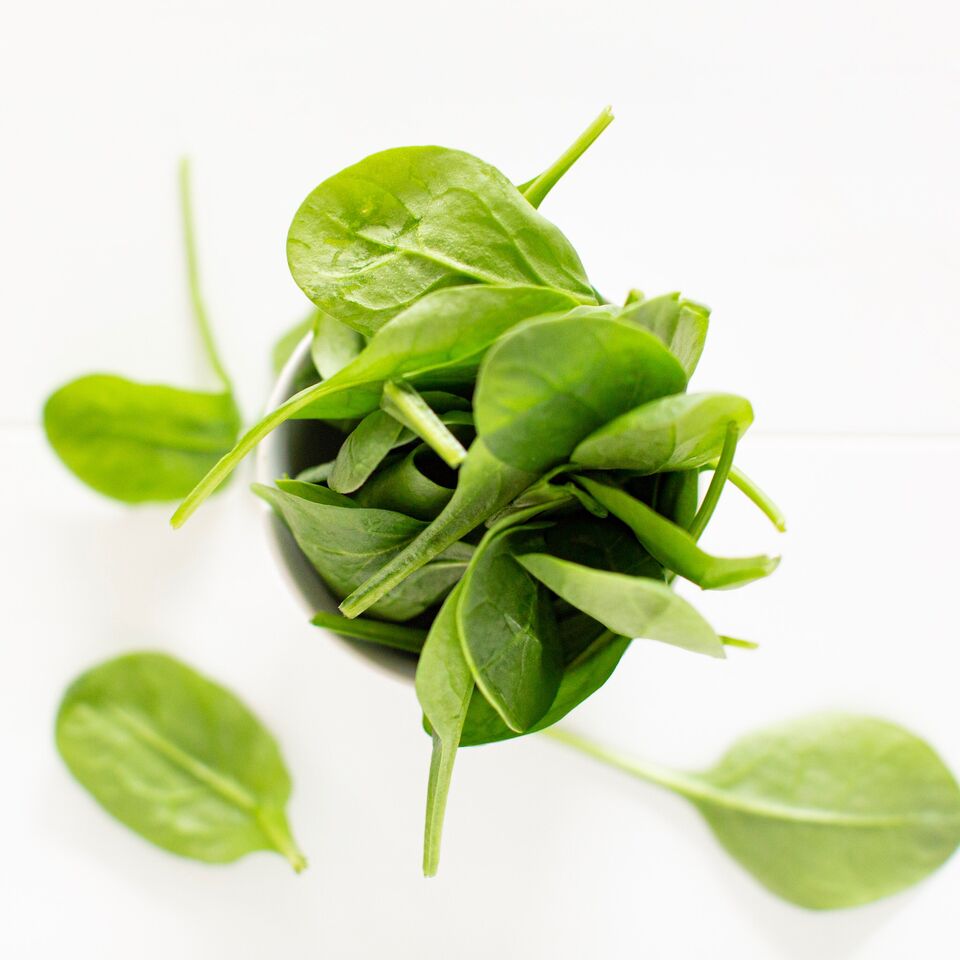

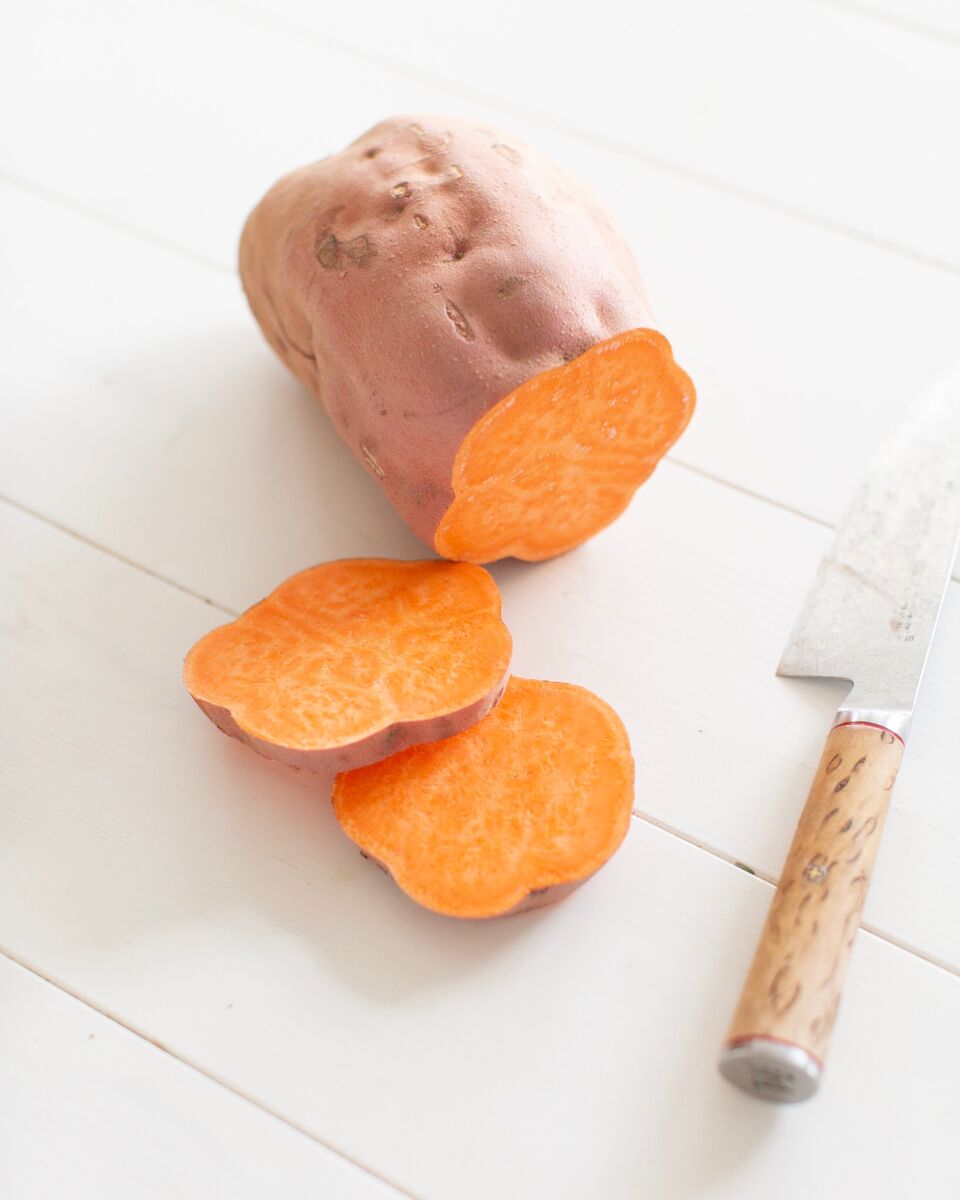


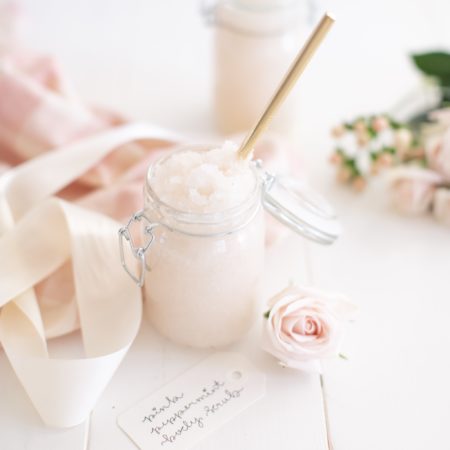



Can you please give some examples of evidence-based probiotics available in Canada?
Hi Michelle, that’s a good question. If you go to probioticchart.ca you will find a list of probiotics and the evidence to support them. As different strains may be useful for different conditions the actual probiotic that you would use for one condition vs the next would differ. It’s a big question, I hope this helps!
What an awesome resource, thank you!